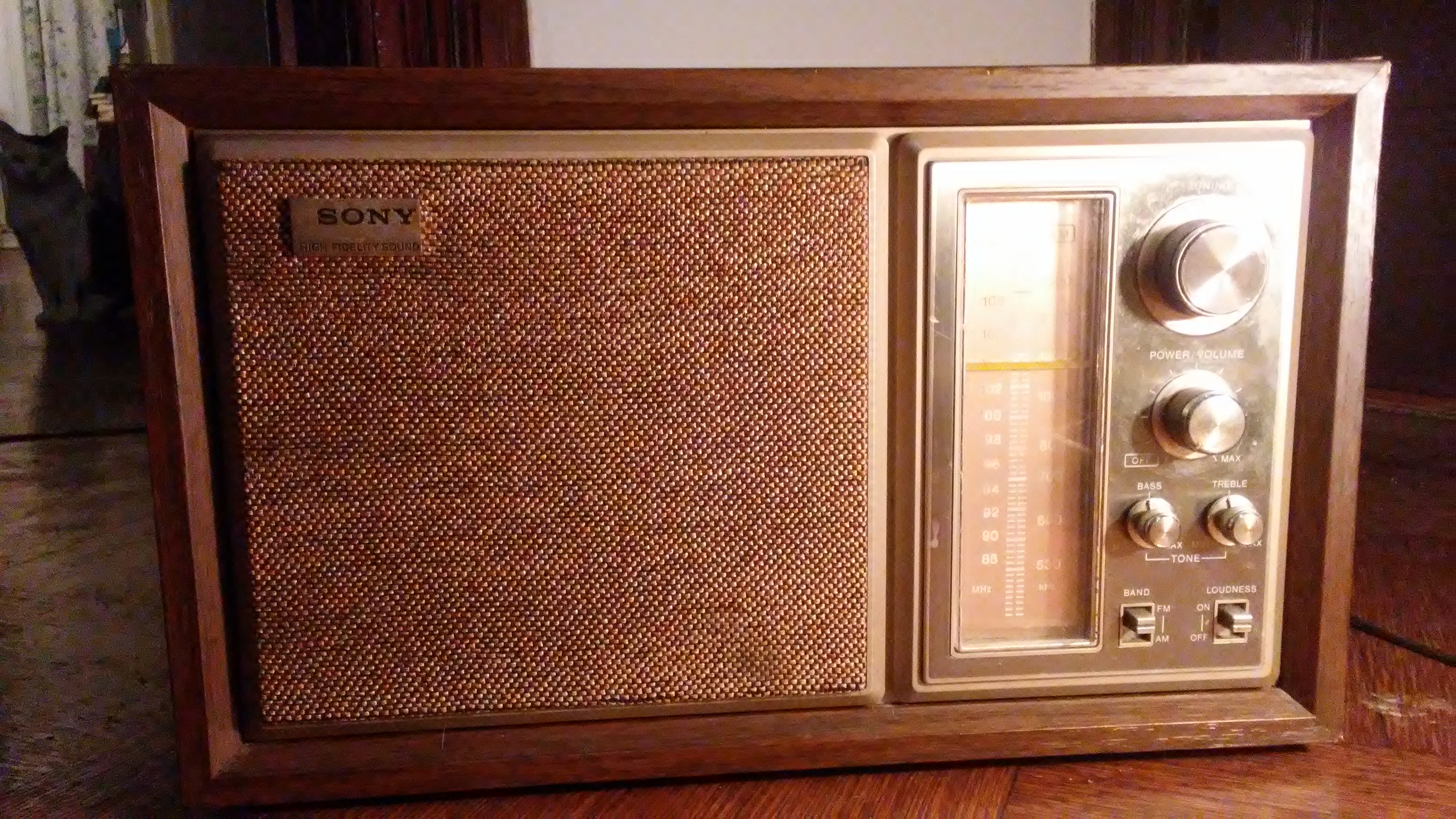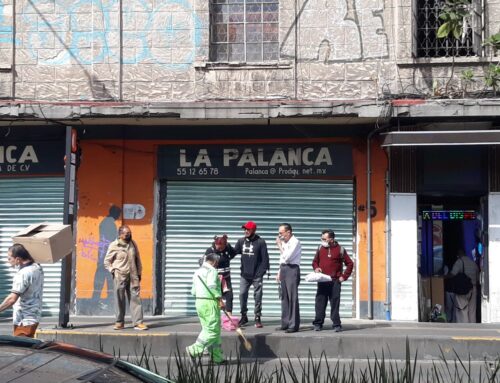There is something very satisfying about saving a piece of old furniture. I think of the people who have sat on it, or at it, maybe talking out a problem not different from the problems I have; or maybe they planned a birthday party, or a trip, or how they’d make the rent on a particular month. They might have sat at the same table with a cup of coffee on a fall night, stunned by some joy or pain, sunk into thoughts of some new person who just tugged on their heart, or who just broke it. Like I said, not much different from the people who are here now.




Reuse is infused with spirituality. It says you value the people who came before you, and you are part of a community, and a lived legacy. My typewriter is not only mine. It is a 1960s electric Smith Corona that belonged to Eleanor Bain. She lived in Manhattan and died this year. She bought the typewriter downtown by Wall Street for $240 on June 21, 1972. I know this because she was meticulius enough to save the receipt. Eleanor left Virginia to study secretarial sciences, which one had to go to a big city for. She lived to be 101. I think what it must have been like to arrive single and young and female to New York City in the 1930s, and work her way through school and built her future. I am honored to have this machine that she cared for so well during her long life. I’d know nothing about her if I hadn’t been given her old typewriter, and it would have been my loss.
The end table I found in Bensonhurst with my then boyfriend, which I’ve painted grey then later red; the 1962 radio; the lamp in my living room, the Asian inspired 1970s armchairs and Eleanor’s Smith Corona all transport me to a time when people, though not always more virtuous, were definitely more present. Sometimes I go home and shut down the computer and the cell phone, and live for a few hours get close to how it felt to have uninterrupted time, time not robbed, the precious phenomenon of time without diversion. We waited for the bus without knowing how many minutes away it was, we experienced the thrill of checking our messages when we got home, and we waited until we were back home with loved ones to argue with them. People appreciated undivided attention. We know that the people who made that table, that lamp, that sewing machine lived in a world where they were absorbed in their task and quality and beauty did often result from their attention and effort to make something that would last. Now we bemoan global warming and three massive hurricanes in a row while we buy cheap wood press furniture made without care or artistry. When it predictably breaks we buy more of it; refusing to see our role in the environmental mayhem.
This is not to say that in earlier days the world was devoid of horrors. Yet today the powerful tell us multitasking is best and many buy into the idea, even boasting about how busy we are, while our time is taken from us. Busyness and multitasking are hogwash.










Leave A Comment